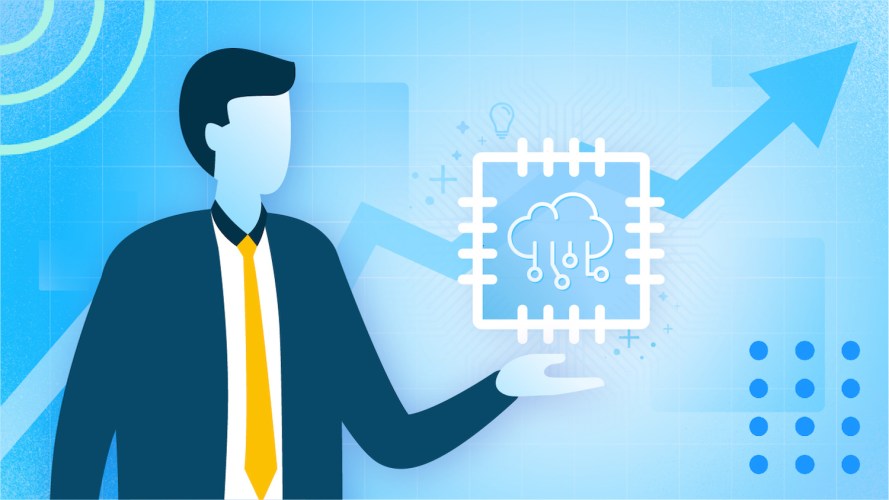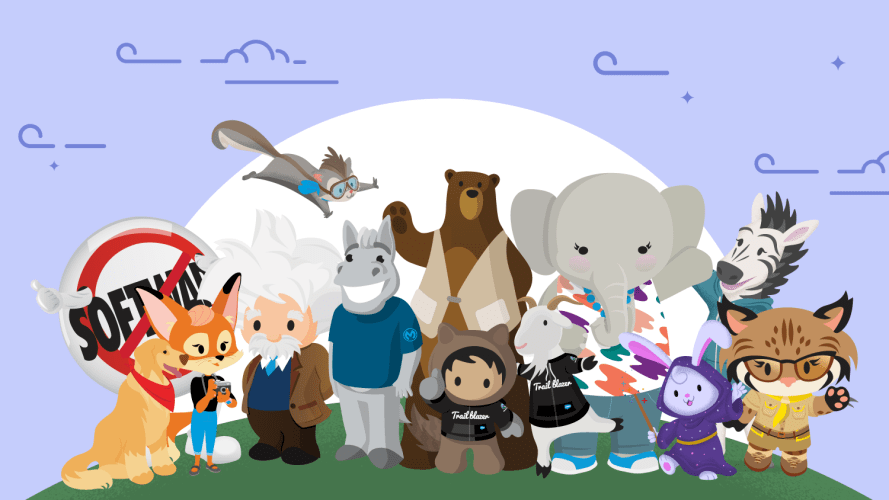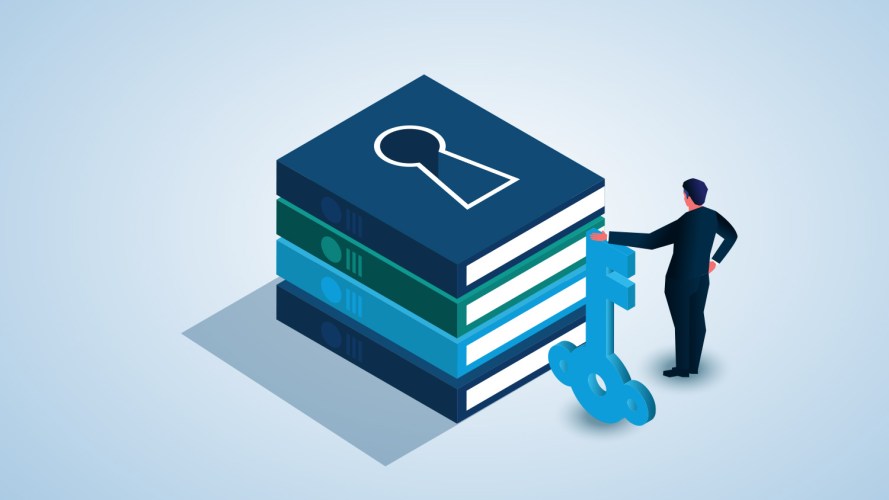What Generative AI Leaders Know That You (Probably) Don’t



High performers spend more than 20% of their digital budgets on AI, but that’s just the beginning. Here’s what you can learn from companies leading the pack.

Lisa Lee
Would you believe there are some companies that attribute at least 20% of their earnings (before interest and taxes) to their use of artificial intelligence? What do these leading AI companies know that you don’t?
It’s a question worth exploring. Many companies are meandering through the strategy phase of AI, especially gen AI, and are focused on defining a vision that aligns with their business. High performers, on the other hand, are past that phase. They invest more and use AI more broadly.
We’ll highlight some of these high performers, including Schneider Electric, Rossignol, and General Mills. But first…
The big trend
In a report on the state of AI, McKinsey identified the following traits of leading AI companies, high performers that distinguish themselves from the rest:
- Their AI efforts are geared less towards cost reduction and more towards creating new businesses and sources of revenue.
- They’re more than 5x as likely to say they spend more than 20% of their digital budgets on AI.
- They use AI more broadly, implementing AI in at least four business functions.
- They’re more likely to use AI in product and service development, risk modeling, performance management, and more.
What you need to do now
- Learn from, and adopt when appropriate, best practices from AI high performers. They don’t always get it right but they’re first-movers who can offer invaluable insight.
- Follow an AI strategy playbook that helps you build a trustworthy foundation: for example, deciding on an approach, readying your technology, and enabling your people.
Need help with your generative AI strategy?
Whether you’re just starting out with AI or already innovating, this guide is your roadmap to delivering a trusted program blending data, AI and CRM. The goal? Helping your teams focus on high-value tasks and build stronger customer relationships.



Schneider Electric, Rossignol, and General Mills are three companies (although not cited by McKinsey) that are AI high performers. Here are their stories.
Leading AI companies: Schneider Electric
Scheider had already been using AI in a decentralized fashion for years when, in 2021, it began its AI at Scale initiative and appointed its first Chief AI Officer, Philippe Rambach, to formalize its AI strategy.
It has since implemented a global hub and spoke AI operating model. Each business function “spoke” (marketing, sales, service, etc.) has an AI product owner and change agent who works with the tech competency center “hub” to find new uses for AI, deliver the technology, and ensure employee adoption.
For example, supply chain leaders wanted to use AI for, among other things, balancing inventory based on projected demand, and its ability to deliver based on those projections. With 200 factories and tens of thousands of suppliers, it’s impossible for humans to ensure optimal inventory levels.
AI analytics and predictive modeling helped Schneider reduce inventory levels to avoid a glut while balancing its ability to efficiently deliver products like transformers, switches, and prefabricated substations. That improvement alone has resulted in about $15 million in savings, measured by how much excess inventory it reduced, and capital allocated to other projects.
“We targeted $5 million to $10 million in value, so that was a pleasant surprise,” said Madhu Hosadurga, global vice president of enterprise AI, adding that it plans to use new AI capabilities – it invests tens of millions each year in AI – to pare an additional five percent of inventory.
Read the full Schneider Electric story
Leading AI companies: Rossignol
Rossignol, a century-old French pioneer of ski equipment, expanded into summer sports in 2016 with the introduction of mountain bikes. The goal – inspire people to spend more time in the mountains year-round, while leveraging its customer data and AI to do so.
“This is a unique turning point,” said CMO Gabriel Authier. “With AI, we are able to engage with our consumers seamlessly across seasons, getting them the right product that inspires them. We can frame the AI, and give it guidance. CRM, our data, together with AI, is going to create a virtuous circle that will elevate the customer experience.”
Creating that virtuous circle is a work in progress, but Rossignol is getting ahead of the curve by partnering with Salesforce to connect its myriad data touch points, and eventually infuse gen AI into marketing, commerce, and service for better efficiency, personalization and customer experience.
What might that look like in the future? Consider this example of Rossignol’s new Super Heretic bike, from a recent demo: When adding the bike description to its ecommerce site, merchandising teams could use Einstein’s gen AI capabilities to generate that content, based on past product descriptions and public information. Humans would vet, edit, and publish. Gen AI can instantly translate the content for its global audience, adhering to Rossignol’s brand voice and cultural phrasing so nothing is lost in translation.
In marketing, teams may instantly access customer engagement data from within messaging app Slack, and create email campaigns. Using AI prompts, marketers look forward to generating suggested emails and subject lines based on historical data. For example, they could use a prompt like “Which three subject lines have had the biggest open rates?” to create a future high performing email.
In service, gen AI will eventually answer its customer questions, after human vetting for accuracy, completeness, and brand voice. Because it has access to public data, gen AI could also provide information on local events and activities.
Watch the full Rossignol story (including that cool demo)
Leading AI companies: General Mills
General Mills already had rich purchase and behavioral data from its online recipe sites and Box Tops for Education donation program. Capturing millions of recipe views and receipt scans, it connected and acted on data to recommend relevant content based on food preferences, diet, geography, and household composition.
All that data gets dropped into a central repository. AI and automation analyze the data, make personalized recipe recommendations, and predict an appropriate email send cadence. The other upshot? It can more accurately segment audiences and send relevant content like quizzes or free samples based on past purchases and favorite recipes.
This has helped the company triple consumer engagement, increase known site users 170% year over year, and even save millions in paid media. Its Pillsbury and Betty Crocker brands have also experienced a 40% increase in “buy now” clicks in its user content.
Read the full General Mills story
It’s never too late
In less than one year (thanks to generative capabilities), AI has risen from a topic discussed mainly among the IT set to a top priority for company leaders. Given the constant stream of news stories, new tech tools, and emerging use cases for gen AI, you’d be forgiven for thinking every company is running their entire business with it. But they’re not.
As McKinsey reports, “we’re in the early innings of gen AI,” and the share of organizations that have adopted AI overall has remained steady over the last few years. In fact, less than a third of respondents say their companies have adopted AI in more than one business function, suggesting that its use remains “limited in scope.”
That said, those just jumping on the gen AI train have plenty of time to experiment, test, and learn from trails blazed by early-adopting high performers.



























